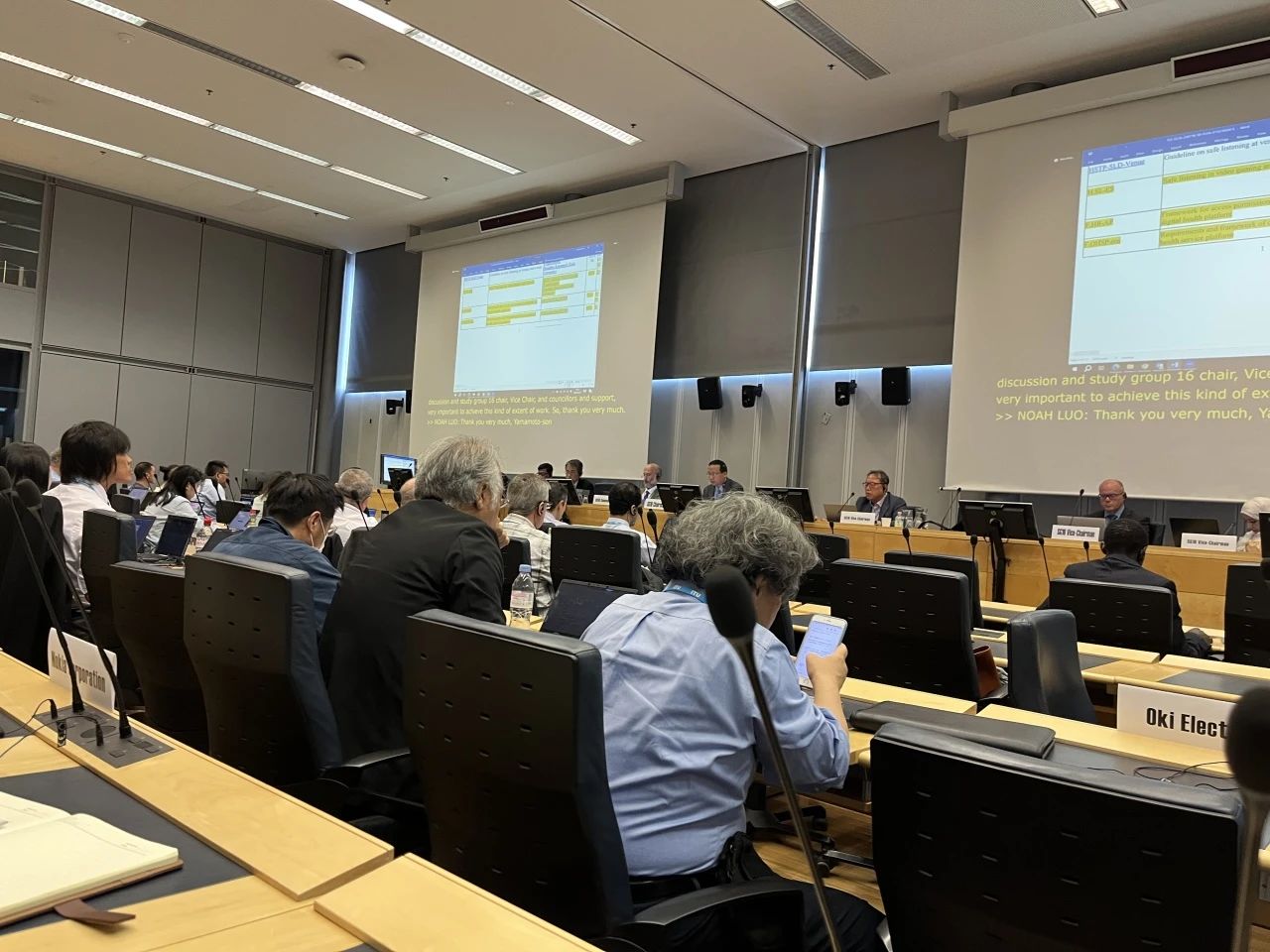SRRSH’s proposal approved as an ITU-T international standard
2024/09/11Edited by Andie (XI Yue)

On August 30, the proposal led by Sir Run Run Shaw Hospital (SRRSH), affiliated with Zhejiang University School of Medicine, Requirements and framework for pre-triage guidance platform was approved as an international standard (a Recommendation) by the International Telecommunication Union Telecommunication Standardization Sector (ITU-T). This is SRRSH’s first approved international standard, marking its leapfrog in scientific innovation and standardization from domestically advanced to internationally recognized.
The submission of the proposal, also led by SRRSH, together with China Mobile and China Telecom, took place during the ITU-T WP1, WP2, WP3/SG 16 Joint Meeting held in Geneva, Switzerland, from August 27 to 30. The proposal was approved after thorough discussion and rigorous evaluation by experts from the United States, Germany, Brazil, Spain, Switzerland, South Korea, Japan, Russia and other international organizations.
Integral to the construction framework for a smart hospital, the international standard aims to provide specific technical demands and a reference framework for smart pre-triage systems. The implementation of the standard is expected to make the medical appointment model more accessible around the globe and enhance the accuracy and efficiency of medical services. Meanwhile, process reengineering and rule reconstruction will improve patient experience dramatically.
The international standard is also an extension of a previous ITU-T technical report, Outline and Elements of Basic Telehealth Services, in the field of smart hospitals. This report, mainly produced by SRRSH, was approved at the ITU-T SG16 held from April 15 to 26. It defines the basic elements, roles and the reference frame of telehealth services.
Looking forward, SRRSH will enhance its cooperation with international standardization organizations including ITU, facilitate the translation of innovative achievements to international standards, and strive for more chances for the hospital’s voice to be heard in the digital health sector.







